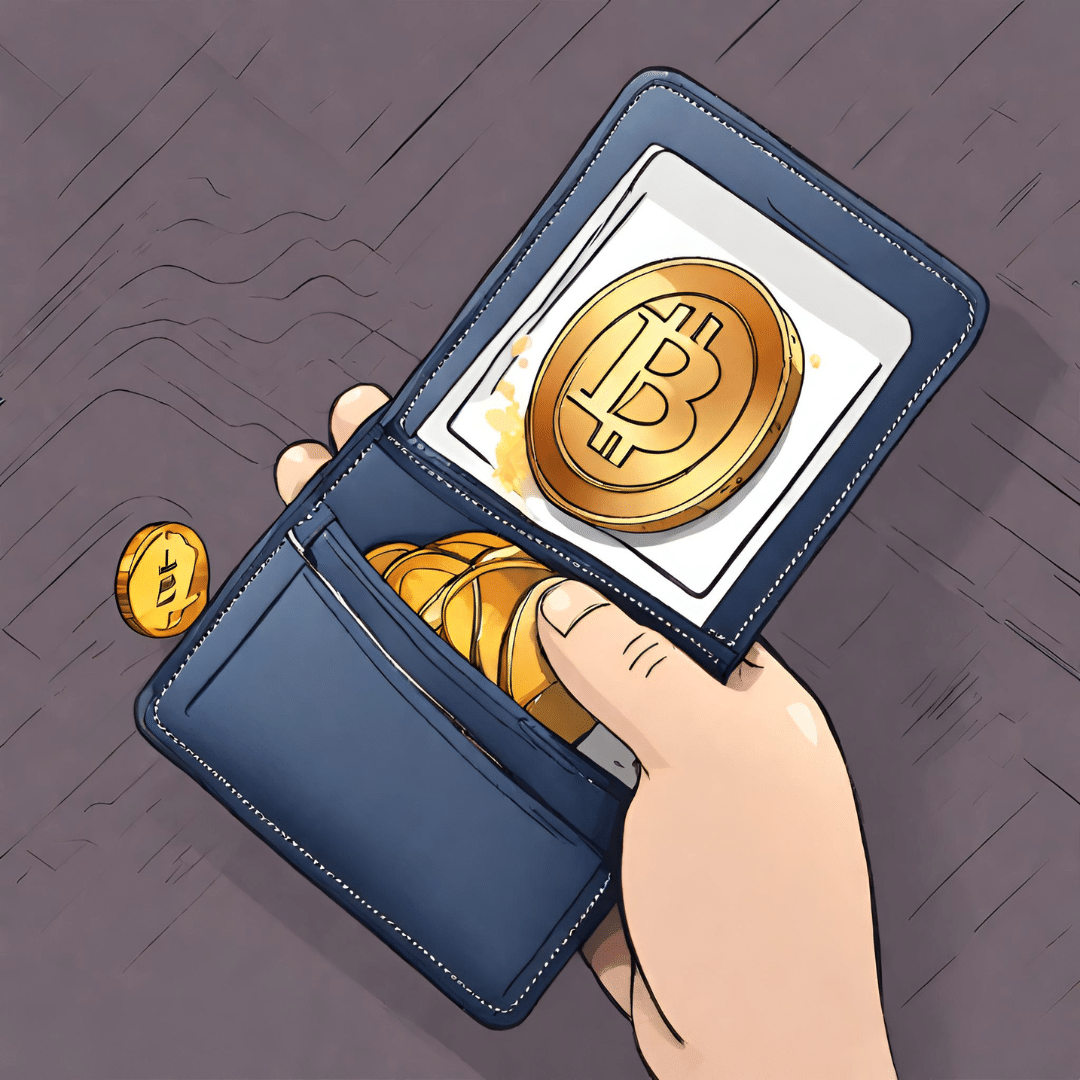Table of Contents
Cryptocurrencies have gained popularity over the years as a form of digital asset. Bitcoin, in particular, has become a household name and is considered the largest cryptocurrency by market capitalization. However, the increasing use of cryptocurrencies has also led to a rise in cybercrime, and hence, the need to securely store your digital assets has become imperative. In this article, we will discuss the various methods you can use to store your Bitcoin and other cryptocurrencies securely. Visit Immediate Gran 360 to start investment in cryptocurrencies! A superb experience is provided by this fantastic platform.
Understanding the Risks
Understanding the dangers of holding cryptocurrency is essential before exploring the various storage alternatives. Since they are digital assets, cryptocurrencies are vulnerable to cyberattacks. Numerous instances of exchanges being hacked and people losing money have occurred. Additionally, there is no way to get your money back if you lose your private key. Therefore, it is crucial to adopt the appropriate safety measures when storing your cryptocurrency.
Hot Storage vs. Cold Storage
You have two choices for keeping cryptocurrencies: hot storage and cold storage. The term “hot storage” describes keeping your cryptocurrency on internet-connected hardware, such as desktop and mobile wallets. Cold storage, on the other hand, refers to offline, internet-free methods of keeping your cryptocurrency, like hardware and paper wallets.
Hot Storage
The easiest option to store your cryptocurrencies is in hot storage, which also makes it possible for you to immediately access your money. It is, however, also the most vulnerable to online attacks. Your private key may be compromised by hackers thanks to malware or phishing scams. Making sure your gadget is secure and up to date is therefore essential. Utilize two-factor authentication as an additional security measure.
Desktop Wallets
Software tools called desktop wallets enable you keep your coins on your PC. They come with a variety of features and are generally simple to use. But if your computer becomes infected with malware, you run the danger of losing your money.
Mobile Wallets
Applications called mobile wallets enable you store cryptocurrencies on your mobile device. They are practical and allow you to access your money anywhere. However, they can also be attacked by malware, so you need make sure your gadget is protected.
Cold Storage
The safest approach to store your cryptocurrency is in cold storage. Your private key must be kept offline, separate from the internet. Hardware wallets and paper wallets are examples of cold storage alternatives.
Hardware Wallets
Private keys are physically stored offline via hardware wallets. Since they are not online, they are more secure than hot storage methods. They are comparatively simple to use and provide a high level of security.
Paper Wallets
In paper wallets, your private key and public address are printed out and kept offline. Due of their lack of internet connectivity, they are extremely safe. However, you run the risk of losing your money if they are destroyed or misplaced.
Best Practices for Securely Storing Your Cryptocurrencies
There are a few basic practices you should adhere to in order to protect the security of your cryptocurrencies, regardless of the storage option you use.
- Use Strong Passwords – Use a strong, unique password for your wallet and ensure that it is not easy to guess.
- Backup Your Wallet – Always backup your wallet and keep the backup in a secure location.
- Keep Your Software Up to Date – Ensure that your wallet software and device software are up to date to prevent vulnerabilities.
- Use Two-Factor Authentication – Use two-factor authentication to add an extra layer of security to your wallet.
- Store Your Recovery Phrase Securely – If your wallet uses a recovery phrase, ensure that you store it securely, away from prying eyes.
- Verify Transactions – Always verify transactions before sending funds to ensure that the recipient address is correct.
- Use a Dedicated Device – Consider using a dedicated device for your cryptocurrency storage, such as a computer or phone that is only used for this purpose.
- Be Cautious of Public Wi-Fi – Avoid using public Wi-Fi when accessing your cryptocurrency wallet as it can be vulnerable to cyberattacks.
- Consider Insurance – Consider purchasing insurance for your cryptocurrencies to protect against theft and other types of loss.
Conclusion
Protecting your digital assets requires that you store your cryptocurrency safely. It is critical to be aware of the dangers posed by storing cryptocurrency and to take the appropriate measures to reduce them. Whether you use hot storage or cold storage, keeping your bitcoins secure may be achieved by employing best practices including using strong passwords, updating your software, and using two-factor authentication.


